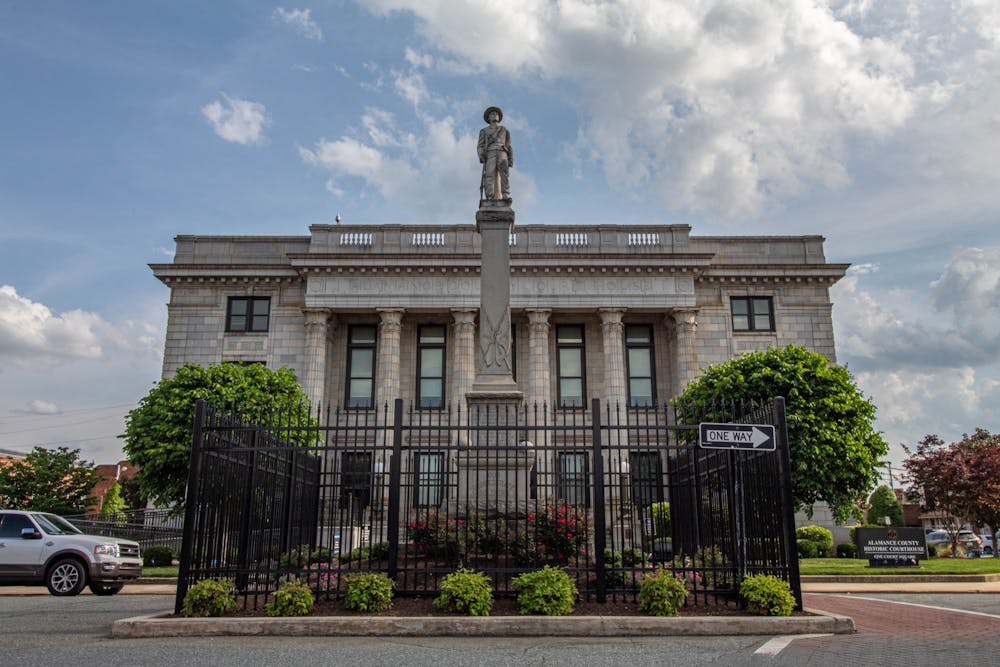After their arrest in 2016 and subsequent dismissal of charges in 2018, two parties sued Alamance County Sheriff Terry Johnson. The lawsuit was settled July 28 for $430,000, according to court records.
They filed the lawsuit against Johnson in the U.S. District Court in May 2019. The two parties, Aris Hines and Brandi Thomason, were arrested by Johnson for falsifying documents to enroll a student at Eastern Alamance High School. The student, Kingsley Jonathan, played basketball and football for the school — causing the school to be stripped of 28 football and basketball wins by the North Carolina High School Athletics Association after Jonathan was found to be ineligible.

The American Civil Liberties Union of North Carolina filed lawsuits on behalf of Rev. Gregory Drumwright and other protesters against Johnson for Alamance County and Graham law enforcement’s treatment of protestors. Prior to 2020, the sheriff’s office had also received complaints of racial profiling — for which the United States Department of Justice filed a civil rights lawsuit against Johnson in 2012. The lawsuit was later dropped in 2015.
According to court records, an arrest warrant was issued on May 6, 2016 for Hines and Thomason for the alleged offenses of felony common law obstruction of justice and felony obtaining property by false pretenses.
Hines and Thomason sued, alleging that they were arrested and held in county jail for multiple days without probable cause. They were also seeking compensation for defamation, due to Johnson alleging they were involved in unrelated criminal activity.
According to Hines and Thomason’s lawsuit, in May 2016, Johnson said, “This has the smell of a human trafficking organization,” in reference to Hines and Thomason.
In response to Elon News Network’s request for comment, a spokesperson for the sheriff’s office wrote, “The Sheriff does not comment on past or pending litigation against himself or the Sheriff’s Office.”
Johnson, who has served as sheriff since 2002, gained national attention in 2020 due to his response to protests in Graham over a confederate statue. The sheriff’s office responded to protests to remove the statue by arresting and pepper-spraying protestors.


